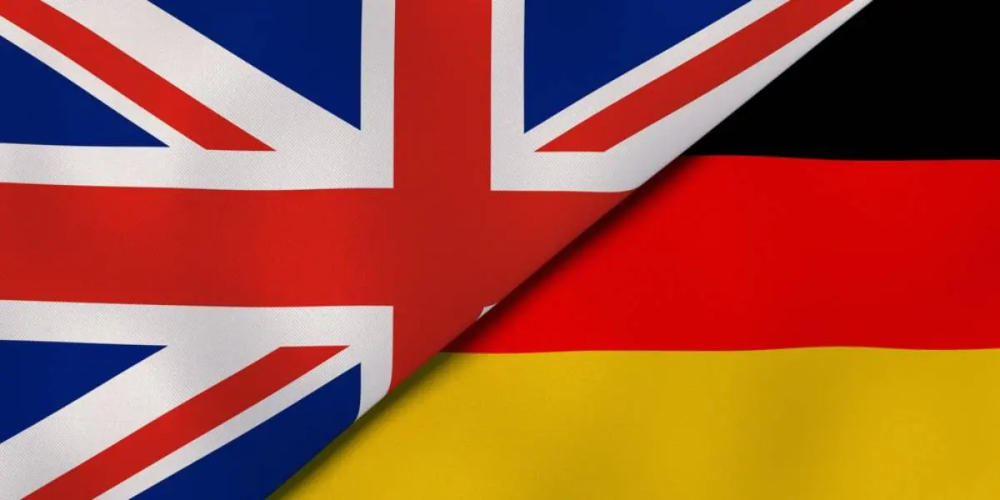
Solutions
Apr 25
Why Is English a Germanic Language? Akorbi Explains
Linguists trace the origins of English as a language to the 5th and 7th centuries (600 to 800) in what is now northwest Germany. As such, English is known as a Germanic language to linguists who study the origins and evolution of language. Wait. English is directly related to German? But what about all of the words that originate from Latin, French, and Greek? Doesn’t that mean English is a Romance language? Not quite. Akorbi answers the question, “Why is English a Germanic language?” in today’s blog. Related Post: Akorbi Explains How Romance Languages Dominated the West
It’s About Syntax and Grammar
The easy answer is that English and German follow very similar syntax (word order) and grammar. Adjectives and adverbs come before nouns in a sentence. Romance languages follow the opposite pattern. For example, English-speakers say “the red car,” but in Spanish the phrase could be “el auto rojo” (or, “the car red”). Germans say “rotes auto” for the same phrase. English follows a simple grammatical pattern for its sentence structure. The basics are subject-verb-object. For instance, “The boy runs to the house.” (Boy is the subject, runs is the verb, and house is the object.) In German the phrase is “Der junge rennt zum haus.” Spanish and other Romance languages follow the same pattern. “El niño corre a la casa.” So in this respect, English and Romance languages are the same. It’s the adjectives that make the difference in word order here. Akorbi works in more than 170 languages. Our qualified interpreters and translators will provide accurate communication, including proper syntax and grammar.
It’s Also About Human Migration & Conquest
Migrants from northwest Germany, southern Denmark, and The Netherlands settled in Great Britain from the 600s to the 800s. Their language dominated the linguistic landscape after that. Old English was born, and Anglo-Saxon words and vocabulary heavily influenced it. The Norman conquest of England happened in 1066 when Duke William of Normandy defeated King Harold at the Battle of Hastings on Oct. 14, 1066. William became King William I of England. King William’s language then proliferated throughout England, and the English language evolved further.
Why are there so many French words in English?
English vocabulary comprises 29% French, 29% Latin, 26% Germanic, and 6% Greek. Why are there so many French words in English? French was King William’s native language. He hailed from Normandy, a region in northwest France that gained notoriety as the site of the D-Day invasion during World War II on June 6, 1944. After the Norman conquest of English, the English speakers who lived there added a lot of French words to their vocabulary. For example, the word “beef” comes from the French “boeuf.” (This seems to indicate actor Shia LeBeouf’s name ALMOST means “Shia the Beef.” Think about that one!)
English Blended German and French Roots to Form a New Language
Even with powerful French influences, English retained the syntax and grammar from its Germanic ancestry. English naturally evolved, much like any language evolves, when humans move from one part of the world to another. Evolution takes time, and despite 58% of English vocabulary (more than half) coming from Romance languages (Latin and French), linguists still consider English to be a Germanic language to this day because of how the language followed human migration patterns and the grammar of modern English. Akorbi works in German, all of the Romance languages, and plenty more to take care of your language services needs. Related Post: Akorbi Explains the Linguistic Differences Between French and Haitian Creole
Akorbi & Interpretation Services
Akorbi offers interpretation services in more than 170 languages, from Afrikaans to Zulu, including all of the major Romance and Germanic languages. Contact Akorbi or call 1-877-4-AKORBI for more information on our interpretation services.



